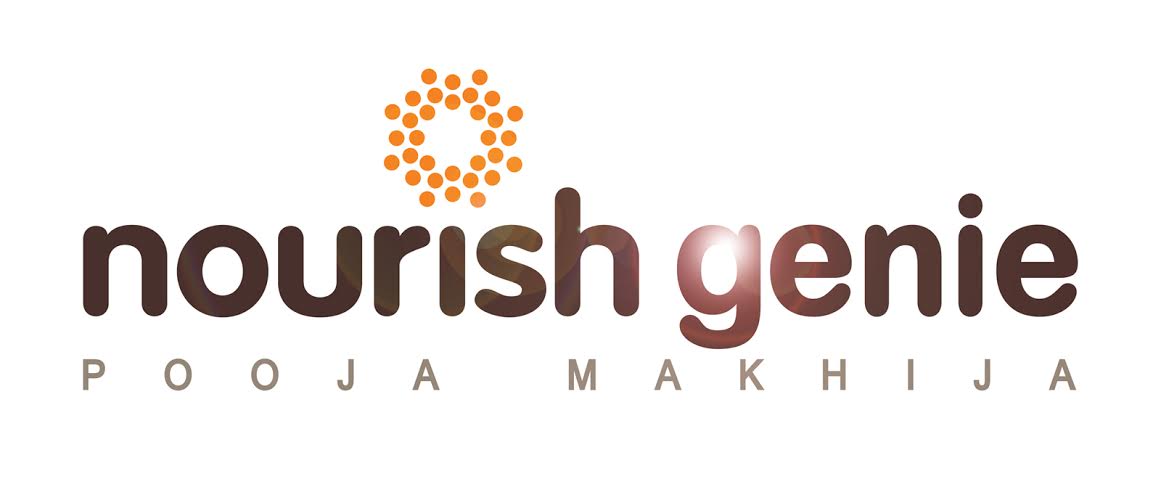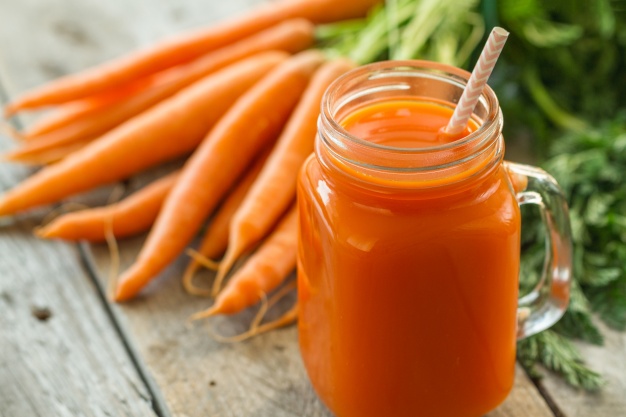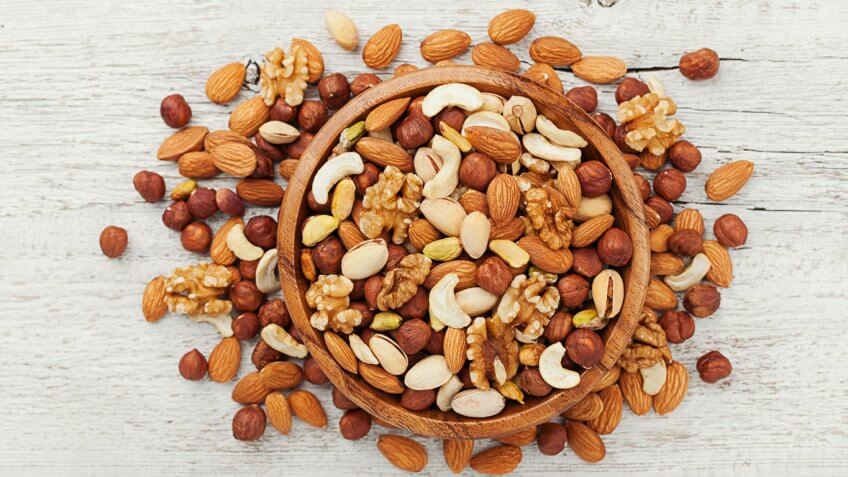Dear Pooja,
I am a 18-year-old girl and my dietician has suggested me that I drink tomato and spinach juice every day. However, I don’t like the taste and find it difficult to drink. Is there an alternative to this?
Your dietitian has only your best interest at heart when she recommends a vegetable juice for you daily. If you inculcate the habit of chugging down one fresh glass of potent natural vitamins, minerals and anti oxidants today at 18 years of age you will never need to pill, dermats and ageing treatments at any age. Nutrition from the plate and not a pill. I’m sure the combination is not locked for you and you can take any vegetables (I’d suggest minimum three) of different colours (for a variety of anti-oxidants) to make you juice daily. The key to its magic is immediately preparation and consumption so that no vitamins are lost and oxidized in translation. Add flavours like celery, ginger, lemon, mint and coriander to enhance the taste. Also I would recommend that a minimum of 50 percent of the roughage be retained in the juice so that your fibre intake of the day also gets done. The vegetable juice daily helps in better bowel movements, clearer skin, stronger hair, longer nails, more energy, better stamina, lesser hairloss, improved immunity, reduced episodes of cold and cough……what more can you ask? So go slurp down a glass of veg juice now! All of you.
Healthy, tasty, packed with nutrition, easy to carry -it’s easy to go nuts over nuts. Dry fruits are not just delicacies but are powerhouses of nutrition. Packed with proteins, essential fatty acids, antioxidants and minerals, these are little factories of good health. Since most of the water is extracted from dry fruits, their nutrients are condensed into small packages. But if you are watching your weight, dry fruits should be eaten in moderation as they are nutrient dense in sugars too, and thus calories. Limit the intake to about 20 grams total of mixed t nuts and dry fruits and avoid snacking straight from a bag. It leads to overeating.
ALMONDS
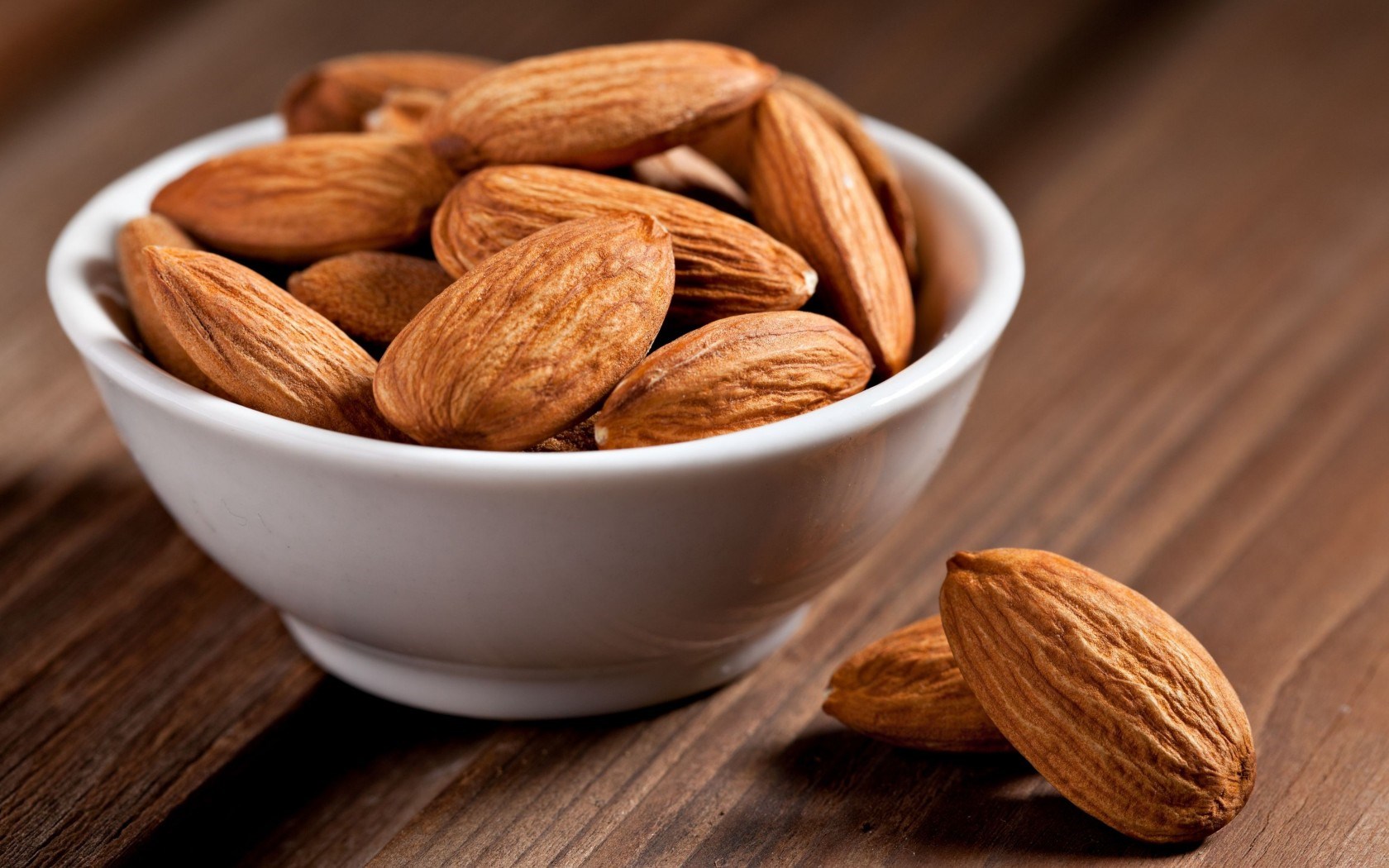 Can a high-fat food be good for you? Almonds challenge this oxymoron perfectly well. It’s rich in monounsaturated fatty acids that have a heart-protective role and are excellent for your brain and skin health. Almonds are also rich in Vitamin E, magnesium and potassium, all of which go hand in hand to maintain normal blood pressure, improve blood circulation and maintain healthy heart function. Trace minerals like copper and manganese found in almonds have added to their health quotient. Both copper and manganese are needed in very small quantities, but have an important role to play. Eat in small quantities (4-7 pieces) daily to get a whole entourage of health benefits.
Can a high-fat food be good for you? Almonds challenge this oxymoron perfectly well. It’s rich in monounsaturated fatty acids that have a heart-protective role and are excellent for your brain and skin health. Almonds are also rich in Vitamin E, magnesium and potassium, all of which go hand in hand to maintain normal blood pressure, improve blood circulation and maintain healthy heart function. Trace minerals like copper and manganese found in almonds have added to their health quotient. Both copper and manganese are needed in very small quantities, but have an important role to play. Eat in small quantities (4-7 pieces) daily to get a whole entourage of health benefits.
WALNUTS
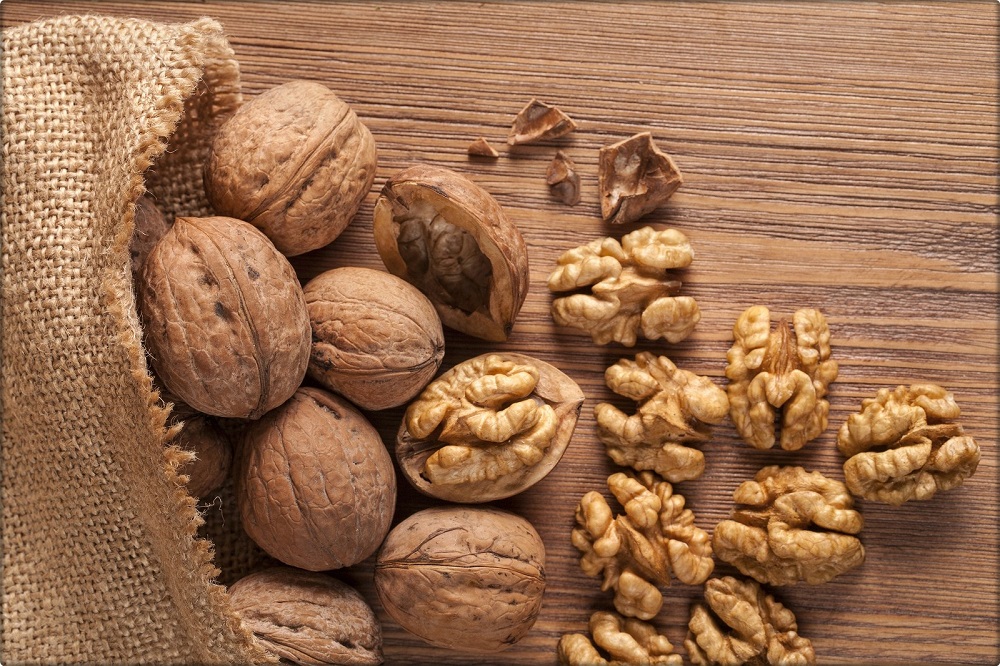 The outer layer of the shelled walnut -the white-ish, flaky, sometimes waxy part has a bitter flavour. But resist the urge to remove it. Research shows that 90 per cent of the antioxidants -including the phenolic acids, tannins, and flavonoids -are found in the skin.Walnuts are excellent sources of Vitamin E in a form that is unusual to find gamma-tocopherol. It has a major cardio-protective role. Along with great taste and health benefits, they are sources of monounsaturated fats and Omega-3 fatty acids. Add them to salads, desserts or just pop , them daily (3-4 halves).
The outer layer of the shelled walnut -the white-ish, flaky, sometimes waxy part has a bitter flavour. But resist the urge to remove it. Research shows that 90 per cent of the antioxidants -including the phenolic acids, tannins, and flavonoids -are found in the skin.Walnuts are excellent sources of Vitamin E in a form that is unusual to find gamma-tocopherol. It has a major cardio-protective role. Along with great taste and health benefits, they are sources of monounsaturated fats and Omega-3 fatty acids. Add them to salads, desserts or just pop , them daily (3-4 halves).
DATES
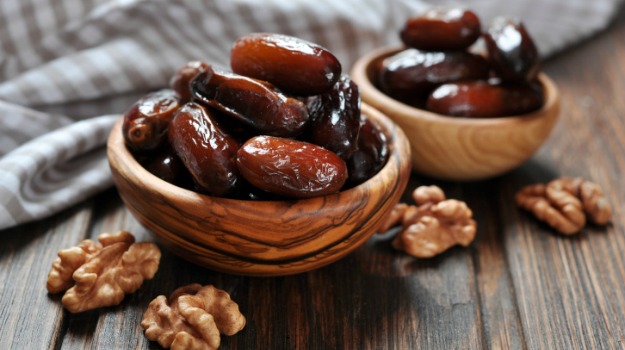 Incredibly delicious, dates are one of the most popular fruits packed with an impressive list of essential nutrients, vitamins and minerals, required for normal human growth, wear-n-tear and overall wellbeing. Rich in fructose and dextrose, dates provide simple sugars easily and are a good way to start the day and jump-start the body’s metabolism. Enjoy 1-2 medium-sized dates daily. Over indulgence can turn the tables on you.
Incredibly delicious, dates are one of the most popular fruits packed with an impressive list of essential nutrients, vitamins and minerals, required for normal human growth, wear-n-tear and overall wellbeing. Rich in fructose and dextrose, dates provide simple sugars easily and are a good way to start the day and jump-start the body’s metabolism. Enjoy 1-2 medium-sized dates daily. Over indulgence can turn the tables on you.
PISTACHIOS
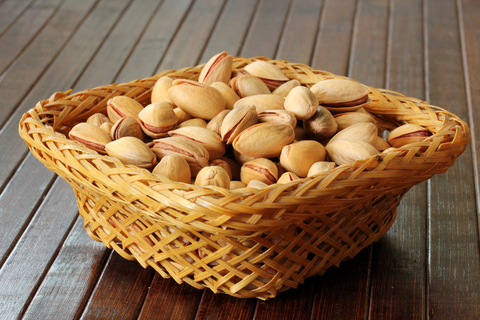
Symbol of wellness, strength and robust health, pistachios are the evergreen nuts that no one can resist. Pistachios contain more protein in comparison with other nuts like almonds, cashews, hazelnuts, pecans and walnuts; the fat content being the lowest amongst them. They are rich in oleic acid, carotenes and Vitamin E. However, the salted counterparts negate the health quotient. Limit quantities to not more than 20 grams a day.
